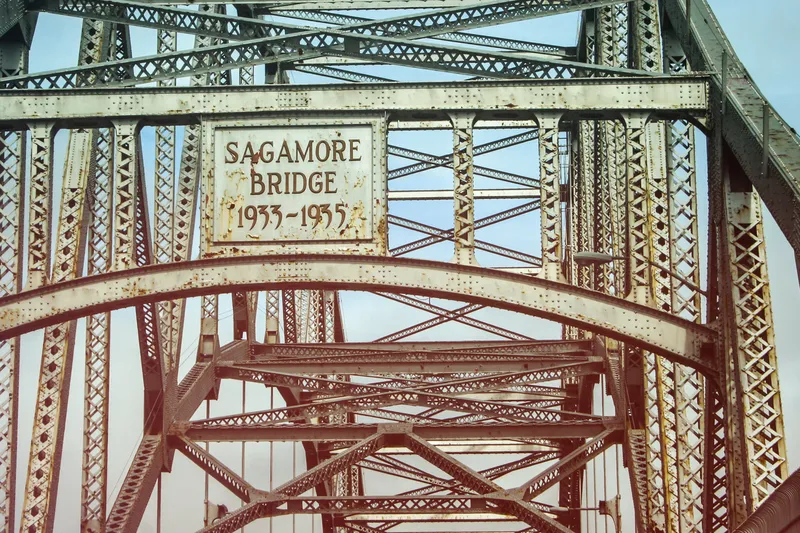The
The founders of ACT are former Wisconsin Secretary of Transportation Frank Busalacchi, who also served as a member of the National Surface Transportation Policy and Revenue Study Commission, and John Boffa, owner of two marketing and research firms in Washington, DC which have a heavy concentration in transportation issues. Busalacchi also chaired the States for Passenger Rail Coalition.
ACT will use as its guiding document the final report of the surface transportation commission, which identified a $225 billion annual shortfall in transportation funding.
“Roads and bridges are deteriorating at an alarming rate,” Busalacchi said. “Transit systems on which millions of Americans depend to get to work are experiencing funding shortfalls. Amtrak trains travel through tunnels and bridges built in the 1800s. The federal gasoline tax has not been increased since 1993.”
ACT will call for funding increases for all modes of transportation, including a 40 per-cent increase in the federal gasoline tax, to be phased in over a few years to ease the impact on motorists.
“The highly respected








